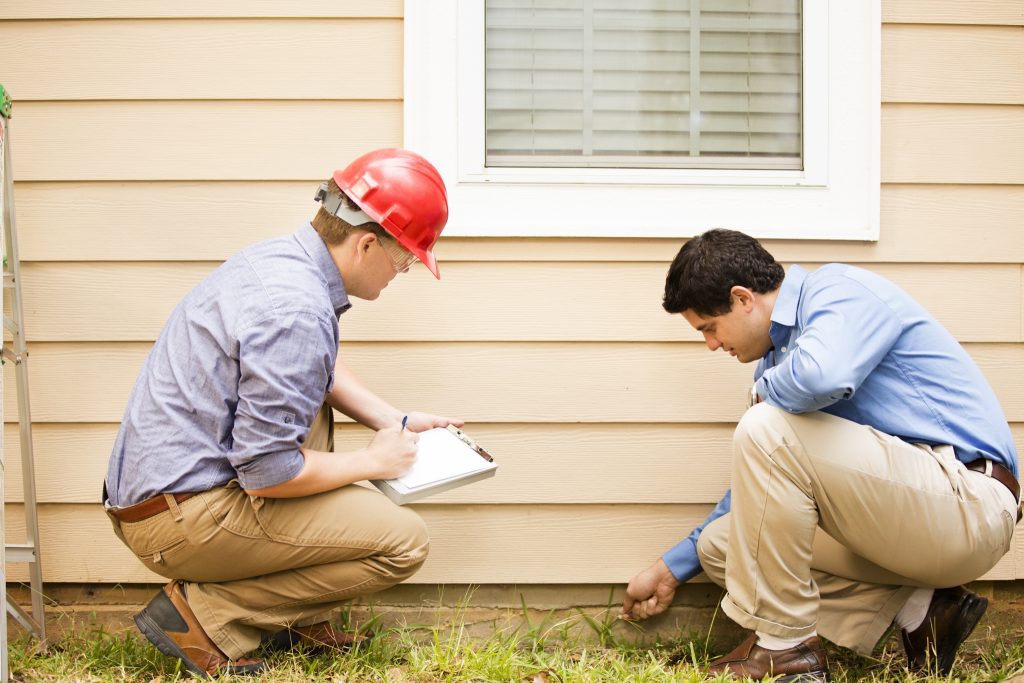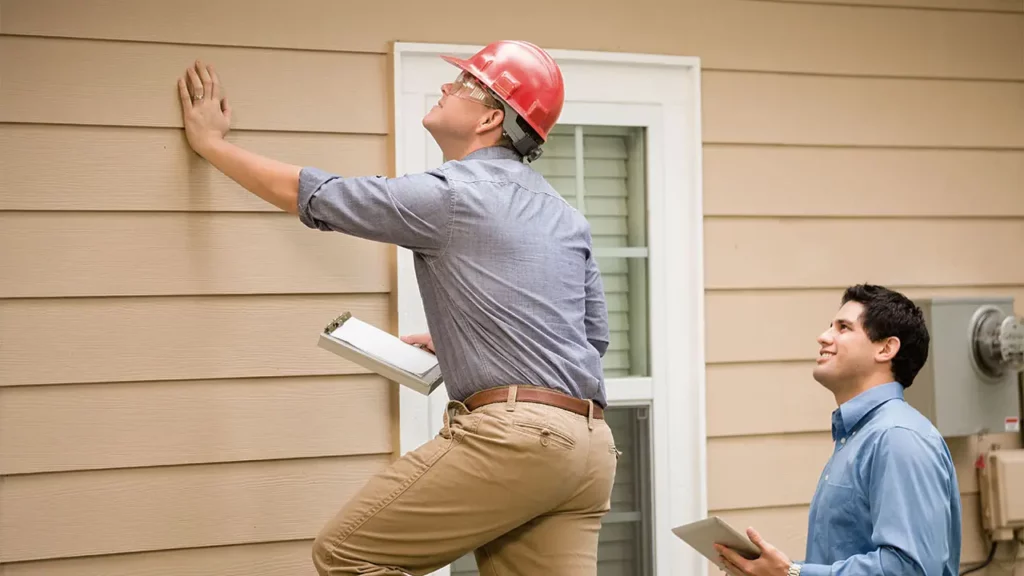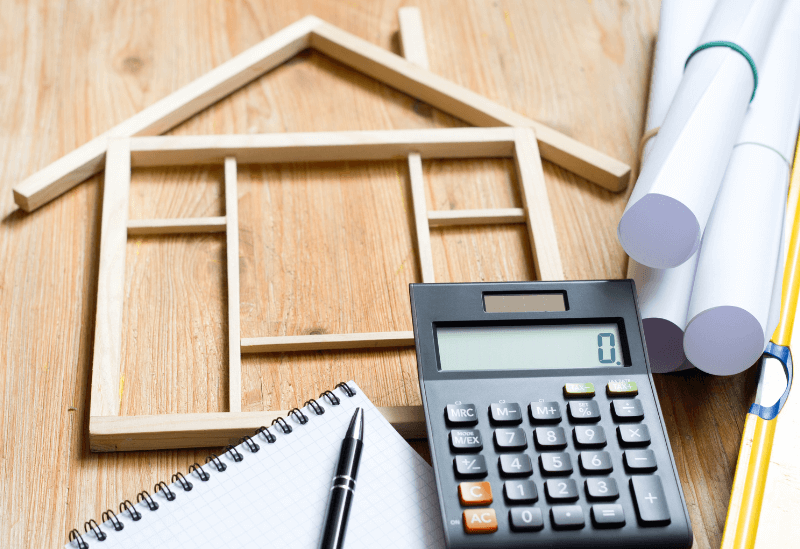Exterior Appraisals
Exterior appraisals, commonly referred to as drive-by appraisals, are limited-scope property evaluations where the appraiser assesses only the outside condition of a home or property. Unlike full appraisals that require a detailed interior inspection, exterior appraisals focus solely on observable factors visible from the street or property perimeter. This method is often chosen when a complete interior inspection is unnecessary, impractical, or impossible due to time constraints, access issues, or cost considerations.
During an exterior appraisal, the appraiser conducts a thorough visual inspection of the property’s exterior features, such as the condition of the roof, siding, windows, landscaping, and overall curb appeal. They also take into account the size and shape of the lot, any visible improvements or damages, and the general upkeep of the property. This exterior data is combined with publicly available information — including tax records, property deeds, and prior sale history — to form the basis of the valuation.
To estimate the property’s market value, the appraiser also analyzes recent sales of comparable properties in the same neighborhood or market area. These comparables help establish a price range that reflects current local real estate trends, adjusting for differences such as property size, condition, and location.
While exterior appraisals are less comprehensive than full appraisals, they provide a cost-effective and timely alternative in many lending and real estate scenarios. Lenders frequently utilize exterior appraisals during refinancing applications, home equity loan approvals, or portfolio monitoring when a full interior appraisal may not be warranted. They are also common in situations where the property is vacant, inaccessible, or when the lender seeks a quicker turnaround to expedite loan processing.
When Are Exterior Appraisals Used?
Exterior appraisals are commonly used in situations where a full interior inspection isn’t necessary or possible. Common scenarios include:
Refinancing with strong equity or low risk
Portfolio or investment property reviews
Pre-foreclosure or REO evaluations
Loan servicing and asset monitoring
Pandemic or emergency conditions, when limiting contact is essential
Drive-by requirements from certain lenders
They are also used when a borrower requests a desktop appraisal or when a lender needs a quick, cost-effective valuation without the need for full access.

How Exterior Appraisals Work
In an exterior appraisal, the appraiser visits the property’s site and evaluates:
Exterior condition (roof, siding, windows, landscaping, visible damage)
Neighborhood characteristics (comparable home styles, proximity to amenities, traffic)
Lot size and shape, visible from the street
External features, such as garages, porches, fences, or sheds
The appraiser then supplements their field observations with public records, property tax data, previous listings, and sales of comparable homes in the area. This combined data is used to create a valuation estimate using the Uniform Residential Appraisal Report (Form 2055) for exterior-only inspections.

Advantages of Exterior Appraisals
✅ Faster turnaround: No need to schedule interior access, speeding up the process
✅ Lower cost: Typically less expensive than full appraisals
✅ Minimal intrusion: No need to enter the home—ideal for tenant-occupied or sensitive properties
✅ Useful for lower-risk loans: Sufficient for refinancing when the loan-to-value (LTV) ratio is low

Limitations and Considerations
While convenient, exterior appraisals have important limitations:
❌ No assessment of interior condition: Renovations, damage, or deferred maintenance may be missed
❌ Less accurate for unique or remodeled homes
❌ Heavily reliant on assumptions and third-party data
❌ Not suitable for FHA, VA, or renovation loans, which require full inspections
For these reasons, many lenders only accept exterior appraisals under specific conditions, and some transactions may later require a full appraisal for underwriting purposes.

Conclusion
Exterior appraisals are a valuable tool for lenders, investors, and homeowners seeking a fast, cost-effective property valuation—especially when interior access is limited or unnecessary. While they offer convenience and speed, it’s important to recognize their limitations and ensure they are used appropriately. For refinancing, portfolio reviews, or certain low-risk loans, an exterior appraisal can be an efficient way to verify property value without disrupting occupants or requiring detailed access.
